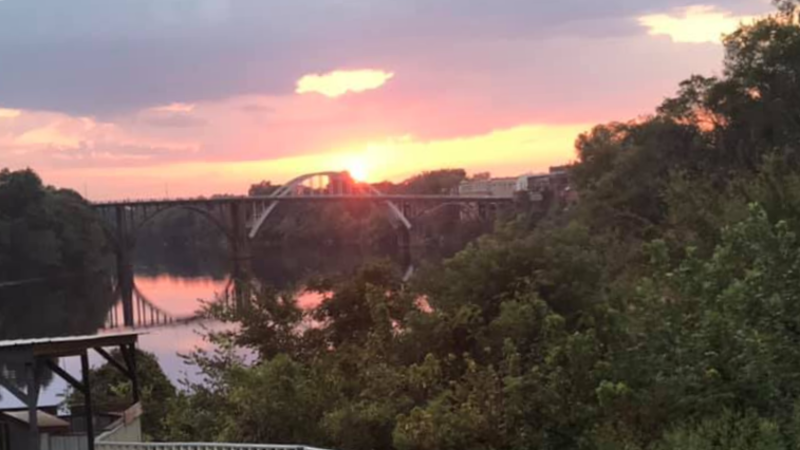
A view of the Edmund Pettus Bridge in Selma, Alabama | Photo courtesy of Selma Center for Nonviolence/Facebook
A University of Detroit-Mercy student who had all but lost hope in the ongoing fight against racism found her passion reinvigorated during a trip to Selma, Alabama.
LaRyn Ridgeway discussed her experience during the March 2020 immersion trip to the historically significant icon of the civil rights movement in a recent piece published by the Ignatian Solidarity Network.
“Once I learned about the service immersion trip they orchestrated to Selma, Alabama, and how it focused on the civil rights movement and racial justice, my intention was to reignite what I had lost,” Ridgeway wrote. “But, if I’m honest, I wasn’t expecting much change.”
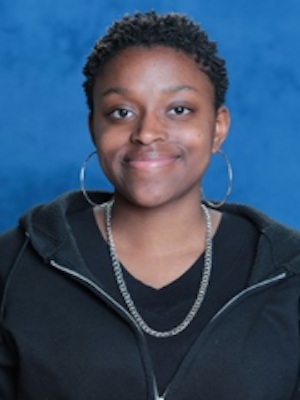
LaRyn Ridgeway
| https://detroittitans.com/
Arriving on March 1 for the anniversary of the civil rights march that came to be memorialized as Bloody Sunday due to the violence that greeted nonviolent marchers, Ridgeway felt the weight of the role she had to play as she found herself surrounded by others dedicated to the fight. When she attended the awards dinner at the Selma Center for Nonviolence, she was humbled by the work of others, she wrote.
Yet, it was in a quiet moment, waiting for issues with their housing to be reconciled, that Ridgeway found herself reflecting on the waters flowing beneath the Edmund Pettus Bridge – the bridge that marchers had tried to cross on Bloody Sunday as they sought to exercise their rights to vote.
“Watching the still water under the Edmund Pettus Bridge, I realized that I could only gain a valuable and impactful experience if I were like the water – flowing effortlessly through and around whatever is in its path, accepting the necessary adjustments,” she wrote. “Water does not shape itself in a way it thinks it should be. It flows and knows. It doesn’t ponder.”
Taking that perspective, Ridgeway said she found herself engaging more deeply in her experiences during the trip.
“I am my ancestors’ wildest dreams, and to them I owe everything,” she wrote. “But we owe it to ourselves to invest and bestow all our faith into the youth. We are not the problem, but the solution.”
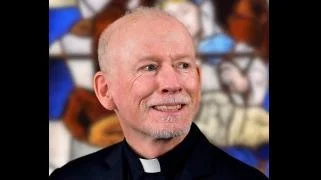
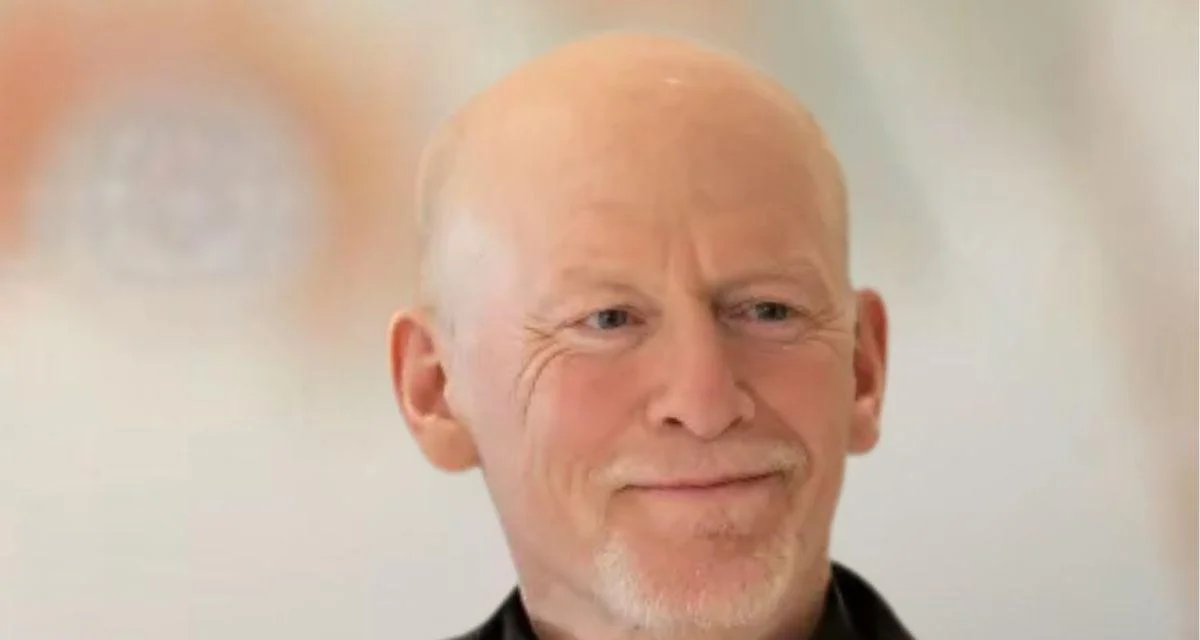
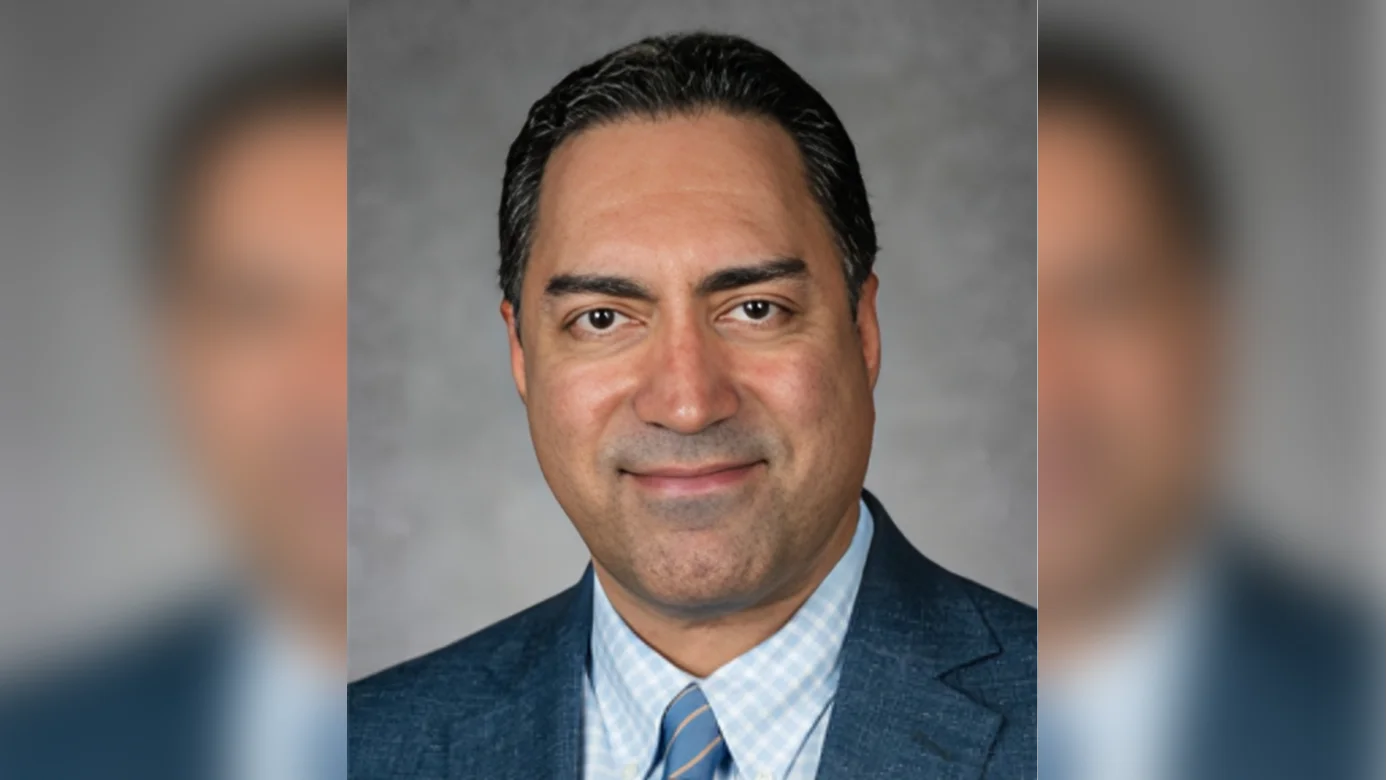


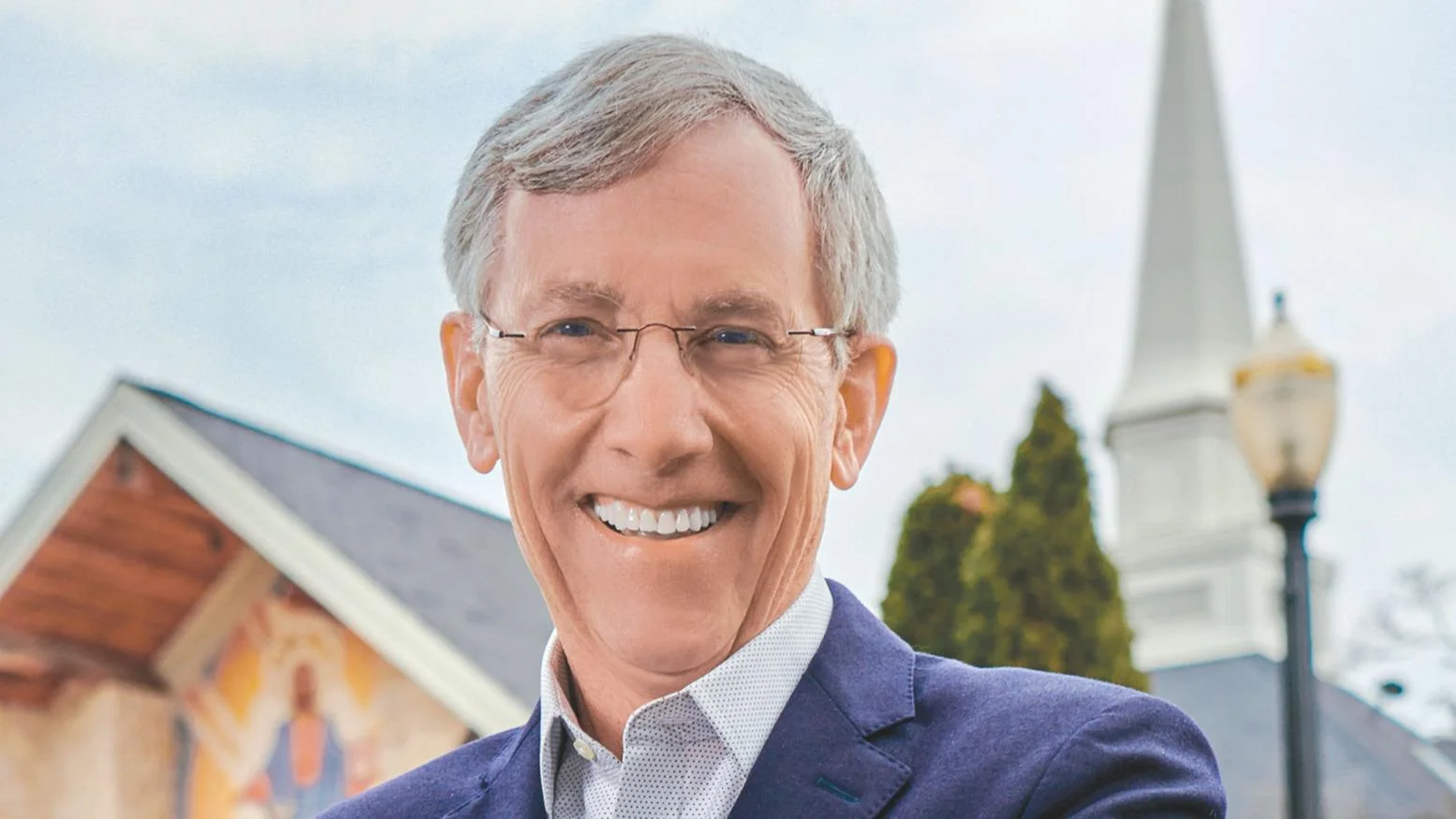
 Alerts Sign-up
Alerts Sign-up